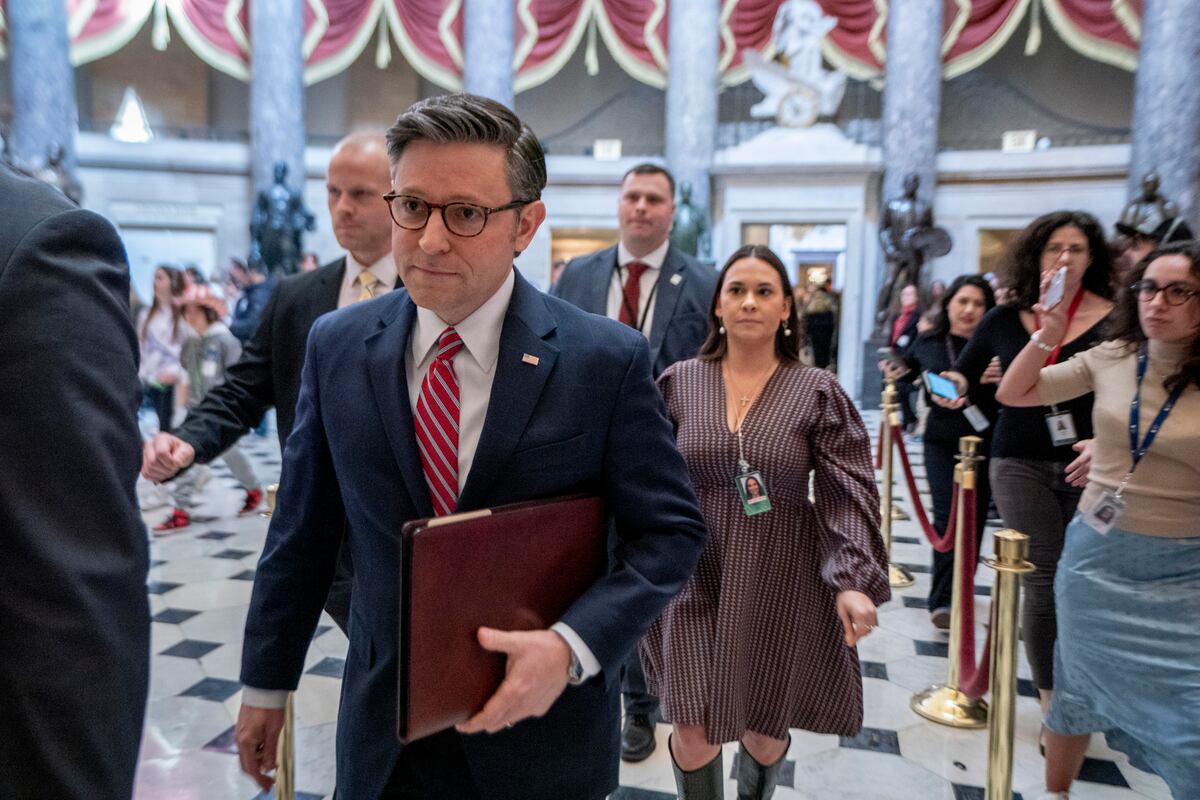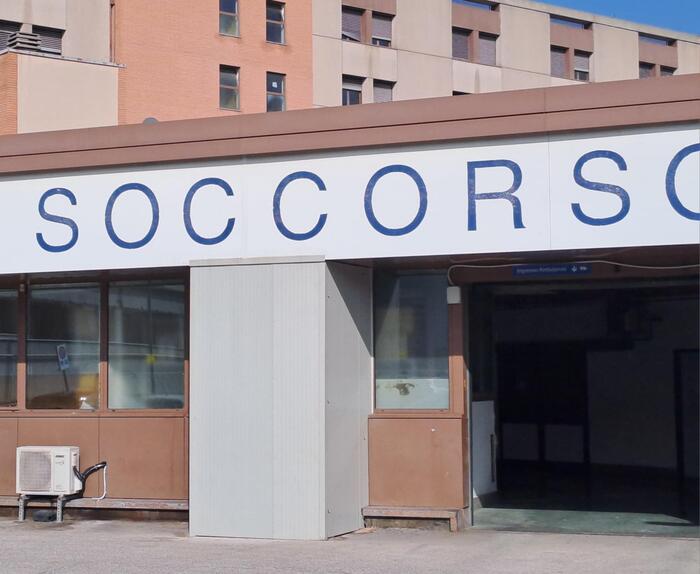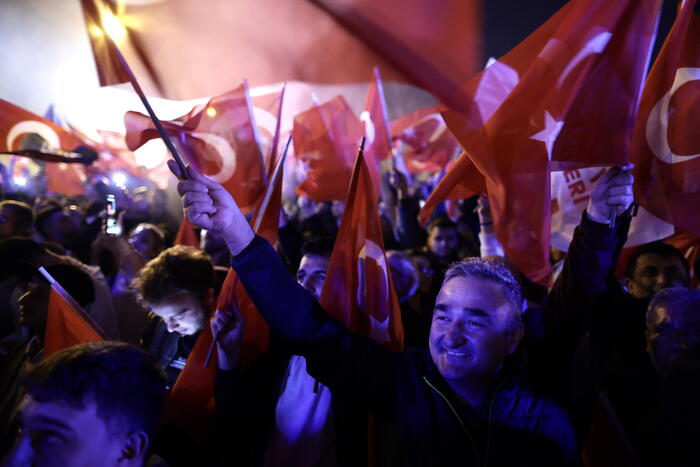A keen observer of French political life and regular contributor to the FigaroVox, Maxime Tandonnet has notably published
André Tardieu.
The misunderstood
(Perrin, 2019).
According to article 34 of the 1958 Constitution, “
the law establishes the rules concerning […] civic rights and the fundamental guarantees granted to citizens for the exercise of public freedoms
”. The protection of freedom and the supervision of its exercise are thus the first missions of the Parliament. Moreover, since the
Habeas Corpus Act
of 1675, the protection of freedoms is indeed the central vocation of any Parliament in a liberal democracy.
The extension of the "
transitional period of exit from a state of health emergency
" (which expires on November 15, 2021), requested by the government until July 31, 2022 raises many questions with regard to these principles.
In fact, the “
exit from a state of emergency
”
regime
resembles that of the state of emergency in itself and its consequences are significant in terms of public freedoms.
It gives the government the possibility of restricting freedoms outside the parliamentary framework.
The indefinite extension of the state of health emergency throughout the territory, its trivialization apart from a threat of massacre, is a crucial choice in terms of the French conception of public freedoms.
Maxime Tandonnet
The executive power can thus limit travel and the possibilities of using public transport and prohibit them in areas where the virus is believed to be actively circulating;
restrict the opening of establishments open to the public (shops, cafes, restaurants, theaters, cinemas, etc.) or meeting places as well as their access (barrier measures, number of people, etc.) or even close them temporarily;
prohibit or regulate gatherings, meetings and demonstrations.
During this period, the health pass may be imposed on travelers and to access places or events open to the public for cultural, sporting or leisure activities or fairs or trade shows.
In fact, this choice reflects a trivialization or normalization of a state of health emergency (or equivalent) which will have been in force for almost two years.
As soon as its use is thus standardized and is part of a long-term logic, it falls outside the definition of an exceptional power.
Read alsoMathieu Slama: "Why we had to expect the health pass to be extended"
However, the Covid-19 no longer presents itself in France or elsewhere in Europe as a threat to cause a massacre. It constitutes a derisory share of the 1,400 to 1,900 daily deaths in France. At the moment, tobacco and alcohol kill about ten times more (344 deaths / day). The population is four-fifths vaccinated as well as almost all of those at risk. As long as the vaccine constitutes effective protection, in accordance with the official discourse, neither France nor Europe is now facing the threat of a new devastating epidemic.
Covid-19 will probably never go away completely and you will have to get used to living with it as a seasonal illness.
The indefinite prolongation of the state of health emergency throughout the territory, its trivialization apart from a threat of hecatomb, is therefore a crucial choice in terms of the French conception of public freedoms.
Parliamentary sovereignty is now largely emptied of its substance.
Maxime Tandonnet
In this context, faced with a situation which brings into play the very essence and the raison d'être of liberal or parliamentary democracy - parliamentary absenteeism is particularly incomprehensible. Only 261 out of 577 seats have voted the continuation of the regime "
output
of
the health emergency
" is a true anomaly to the principles of democracy. Thus, the participation rate in this so emblematic and strategic vote for Parliament did not exceed 45% ... Parliamentarians, who are elected and paid to vote on laws thus abstain at 55% on the subject of a law which, in fact, touches the very essence of their mission. And afterwards, the same people will be outraged at the same rate ofabstention of voters in local or national polls ...
This erasure of legislative power on a subject which concerns public freedoms raises the question of the future of French democracy. The 1958 Constitution provides that the people exercise sovereignty through their representatives and through referendums. The latter has in fact been abolished since the victory of the no in the constitutional referendum of 2005. Parliamentary sovereignty is now largely emptied of its substance.
There remains the presidential election every five years, which we know especially since 2017, that its results are largely influenced by media hype or poll and the game of scandals.
It doesn't matter what words are used to qualify this development and lend themselves to exaggeration: "soft totalitarianism", "dictatorship or health authoritarianism" ... We can debate them endlessly.
What is certain is that a decisive turning point is taking place in the French conception of freedom and liberal democracy.
The French political regime has entered into another logic which certainly does not yet have a name.

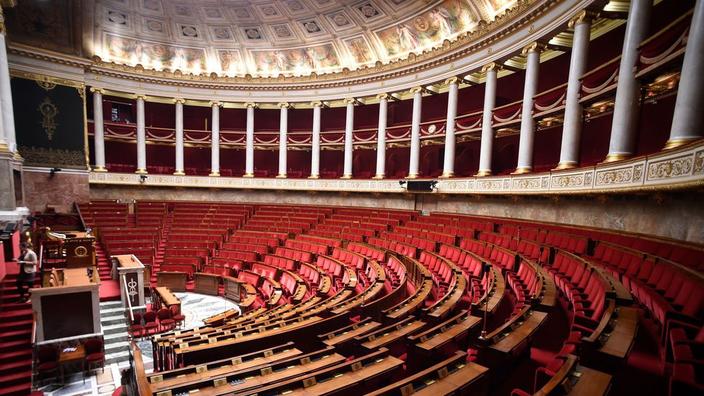
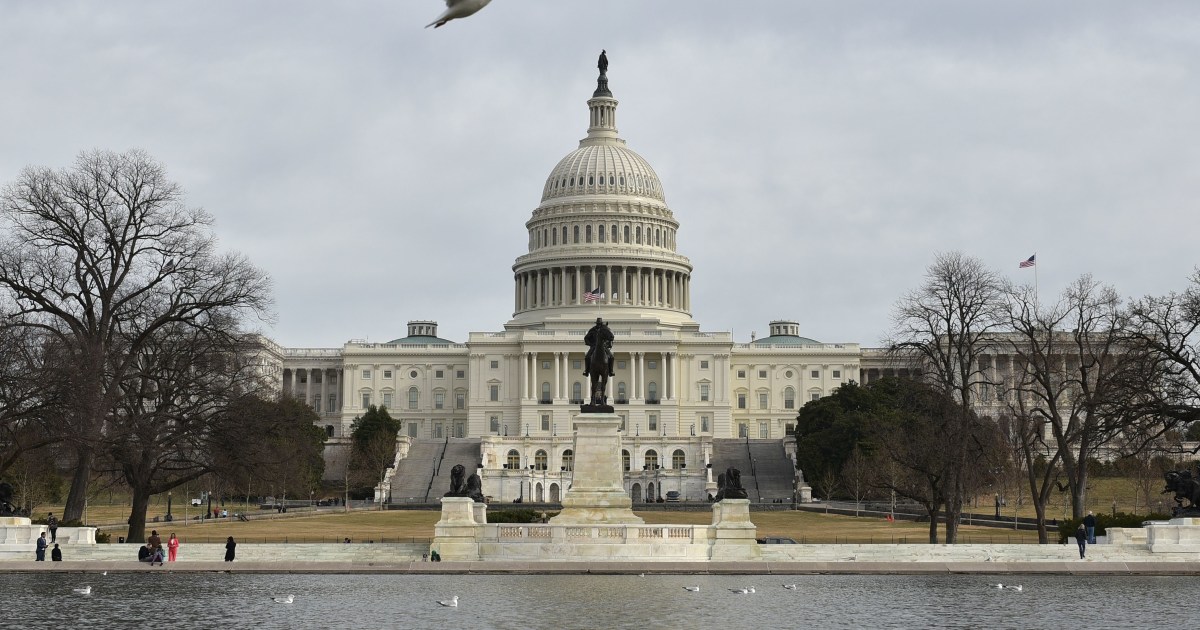
/cloudfront-eu-central-1.images.arcpublishing.com/prisa/YTHAYNQJRHOBVAPYHAT3GYMEHU.jpg)
